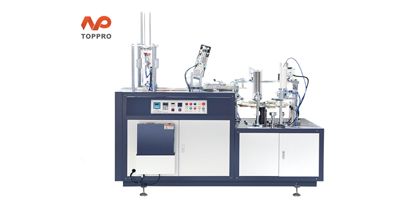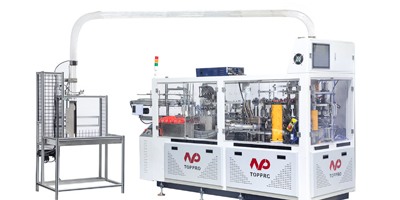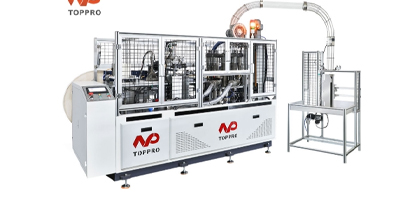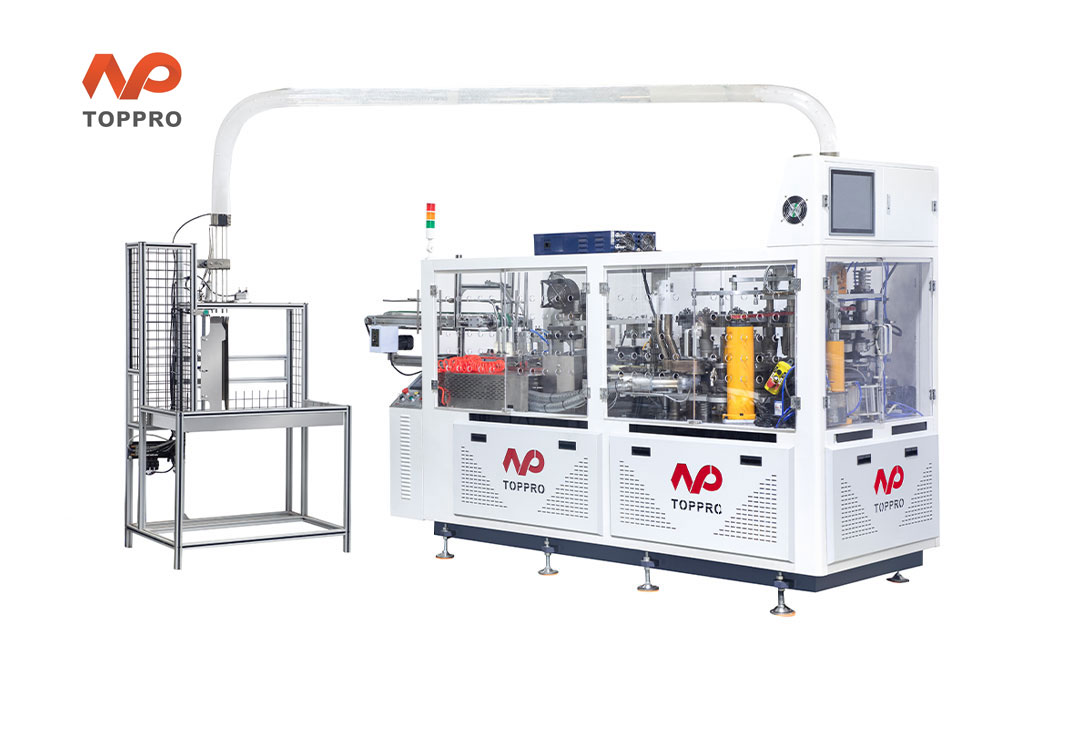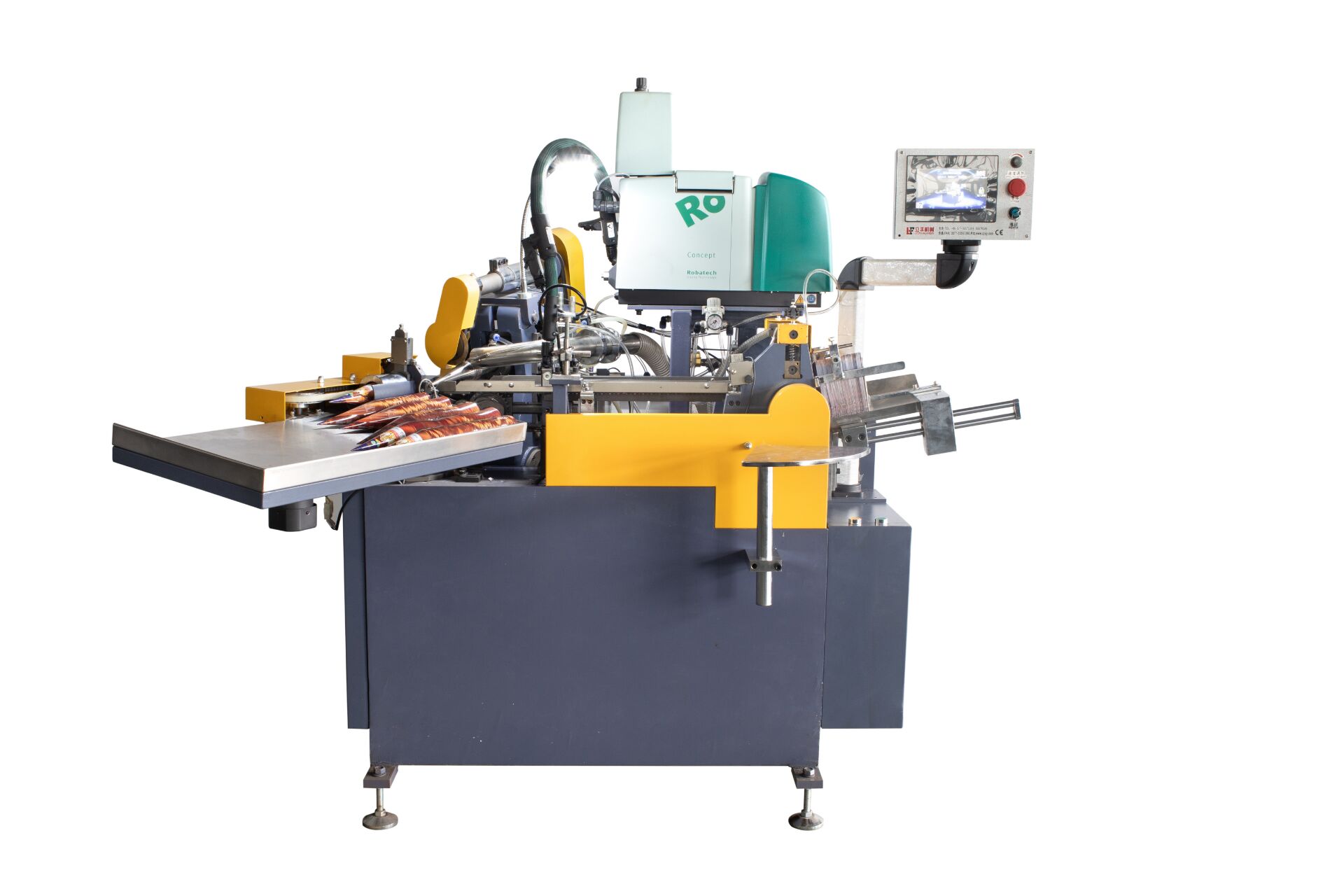The choice between paper cups and plastic cups involves balancing environmental impact, cost, practicality, and health considerations. Here's a detailed analysis based on current research and trends:
1. Environmental Impact
Paper Cups: Biodegradability,Paper cups decompose within months to a few years in landfills, unlike plastic cups which persist for centuries.
Plastic Cups: It takes many years to decompose, causing long-term pollution and microplastics.
2. Resource Use
Paper Cups: Made from renewable trees but involves deforestation, water, and energy use. Transport emissions may be higher due to bulk.
Plastic Cups: Derived from non-renewable fossil fuels; production emits greenhouse gases.
3. Recycling & Disposal
Paper Cups: Recycling is hindered by plastic/PFAS linings. Compostable cups require specific facilities, which are scarce.Landfill disposal may lead to methane emissions if anaerobic decomposition occurs.
Plastic Cups: Technically recyclable, but low global recycling rates due to contamination and facility limitations.Often ends up in landfills or oceans.
4. Practicality
Paper Cups: Suitable for Hot Drinks: Insulate better than plastic and resist warping at high temperatures.Limitations: Can become soggy if left with liquid for extended periods.
Plastic Cups: Versatile: Ideal for cold drinks, reusable, and resistant to moisture.Health Concerns: High temperatures can cause plastic to leach chemicals like BPA, though most modern cups use BPA-free materials.
What are the production machines for paper cups?
High Speed Paper Cup Machine: High-speed paper cup machine is a machine that have double open cam system, double curling system and double hot air heating system for paper cup body sealing and bottom sealing.
Full Servo Motor Paper Cup Machine: The Full Servo Motor Paper Cup Machine adopts an open cam design, automatic oil lubrication system and PLC control system, and can reach a speed of 130-150pcs/min, ensuring high quality while also having an efficient operating speed.
When given proper disposal conditions, paper cups can undergo natural biodegradation and composting processes, establishing them as a more sustainable alternative.Paper cups are a greener choice for hot drinks in compost-friendly environments, but their environmental benefits are limited by resource use and recycling challenges. Plastic cups are cheaper and more durable but contribute to long-term pollution.




